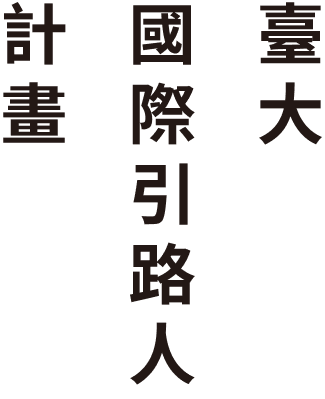Mentor
Shih Chieh CHANG
張世杰 Shih Chieh CHANG
JOB TITLE
General Director of Electronic and Optoelectronic System Research
DEPARTMENT
Industrial Technology Research Institute/Electronic and Optoelectronic System Research Laboratories
INSTRUCTION LANGUAGES
-
Mandarin
-
English

Industrial Technology Research Institute (ITRI)
→
PERSONAL BIO
WORK EXPERIENCE AND AWARDS
EDUCATIONAL BACKGROUND
Job Positions
Intern (Hsinchu)
3 Vacancies
| Work Type: Full-Time
Brief Introduction of the Department
Department Staff Number
- More than 10 people
Internship Job Description
Preferred Intern Education Level
- Undergraduate students (third year and above)
- Master students
- Ph.D. students
- Master students
- Ph.D. students
Preferred Intern Skill Sets or Qualities
Others




















